Yesterday the scientific journal Nepal Journal of Epidemiology published in its latest edition a paper co-authored by BU’s Prof. Hamid Bouchacha. The Short Discussion paper ‘Artificial Intelligence and Health in Nepal’ [1] is an interdisciplinary paper written by two chemists, a computer scientist, an epidemiologist, and a social scientist.
The Nepal Journal of Epidemiology is the official journal of the International Nepal Epidemiological Association (INEA). It is freely available as an Open Access journal on the journal’s own website and it is indexed in PubMed and PubMed Central.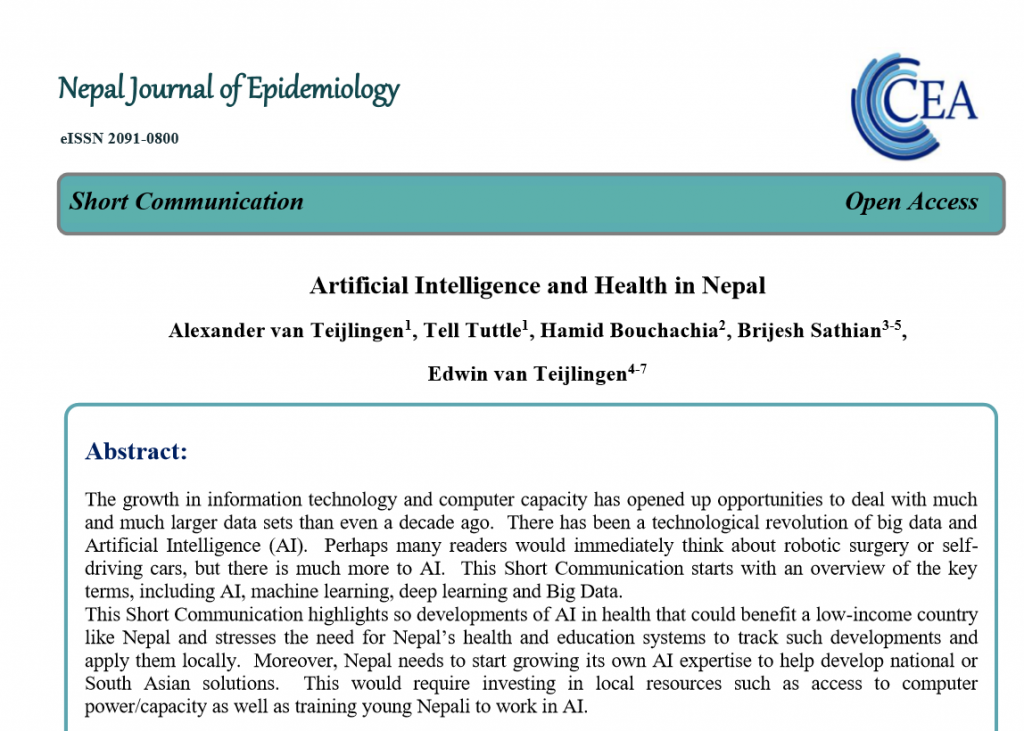
Reference:
- van Teijlingen, A., Tuttle, T., Bouchachia, H., Sathian, B., van Teijlingen, E. (2020). Artificial Intelligence and Health in Nepal. Nepal Journal of Epidemiology, 10(3):915-918. https://doi.org/10.3126/nje.v10i3.31649
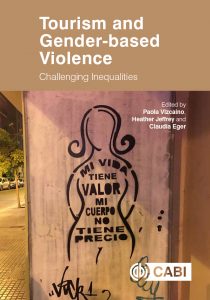
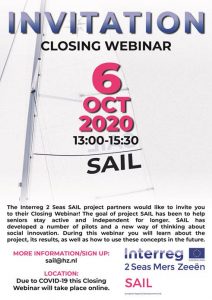 SAIL (Staying Active and Independent for Longer) has been a three year EU funded project that utilised a social innovation approach to developed 10 pilots that aimed to support active aging. Four pilots were developed in the Netherlands, 2 in France, 2 in Belgium and 2 within the UK. The role Bournemouth University Team (Prof Ann Hemingway, Prof Adele Ladkin and Dr Holly Crossen-White) was to undertake an evaluation of the pilots and develop a feasibility study regarding the use of social innovation.
SAIL (Staying Active and Independent for Longer) has been a three year EU funded project that utilised a social innovation approach to developed 10 pilots that aimed to support active aging. Four pilots were developed in the Netherlands, 2 in France, 2 in Belgium and 2 within the UK. The role Bournemouth University Team (Prof Ann Hemingway, Prof Adele Ladkin and Dr Holly Crossen-White) was to undertake an evaluation of the pilots and develop a feasibility study regarding the use of social innovation.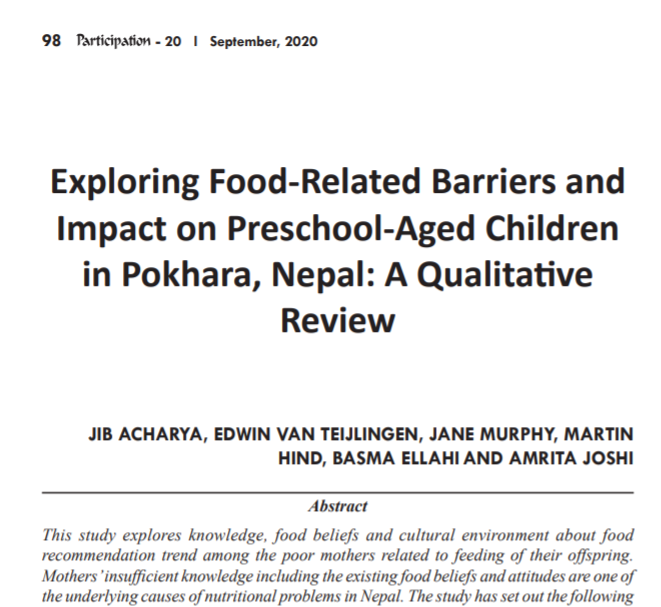
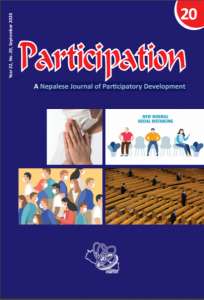
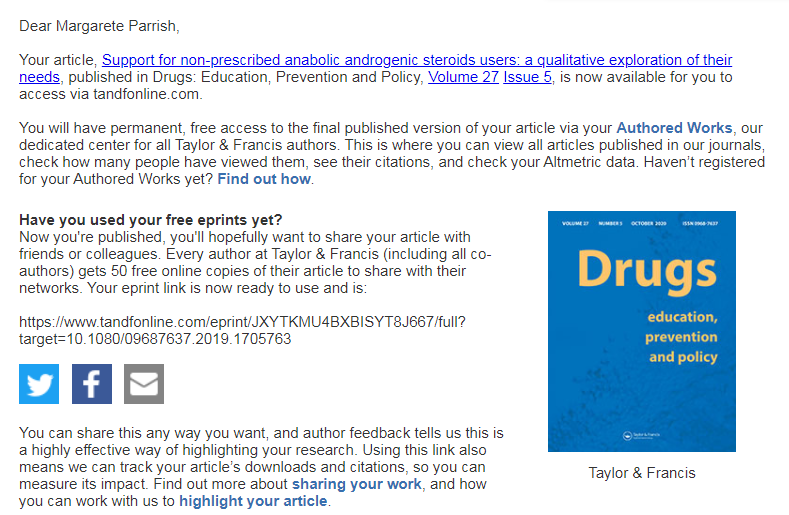
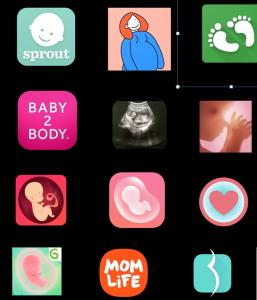

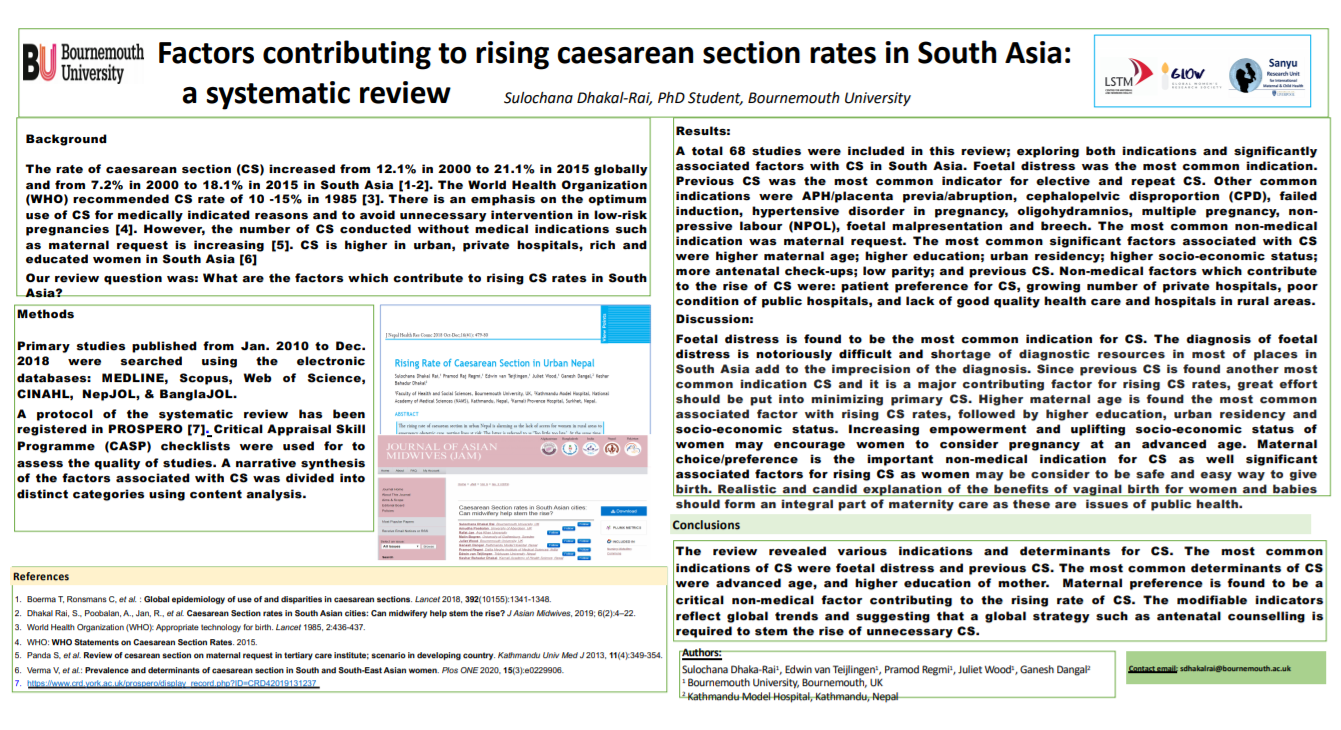
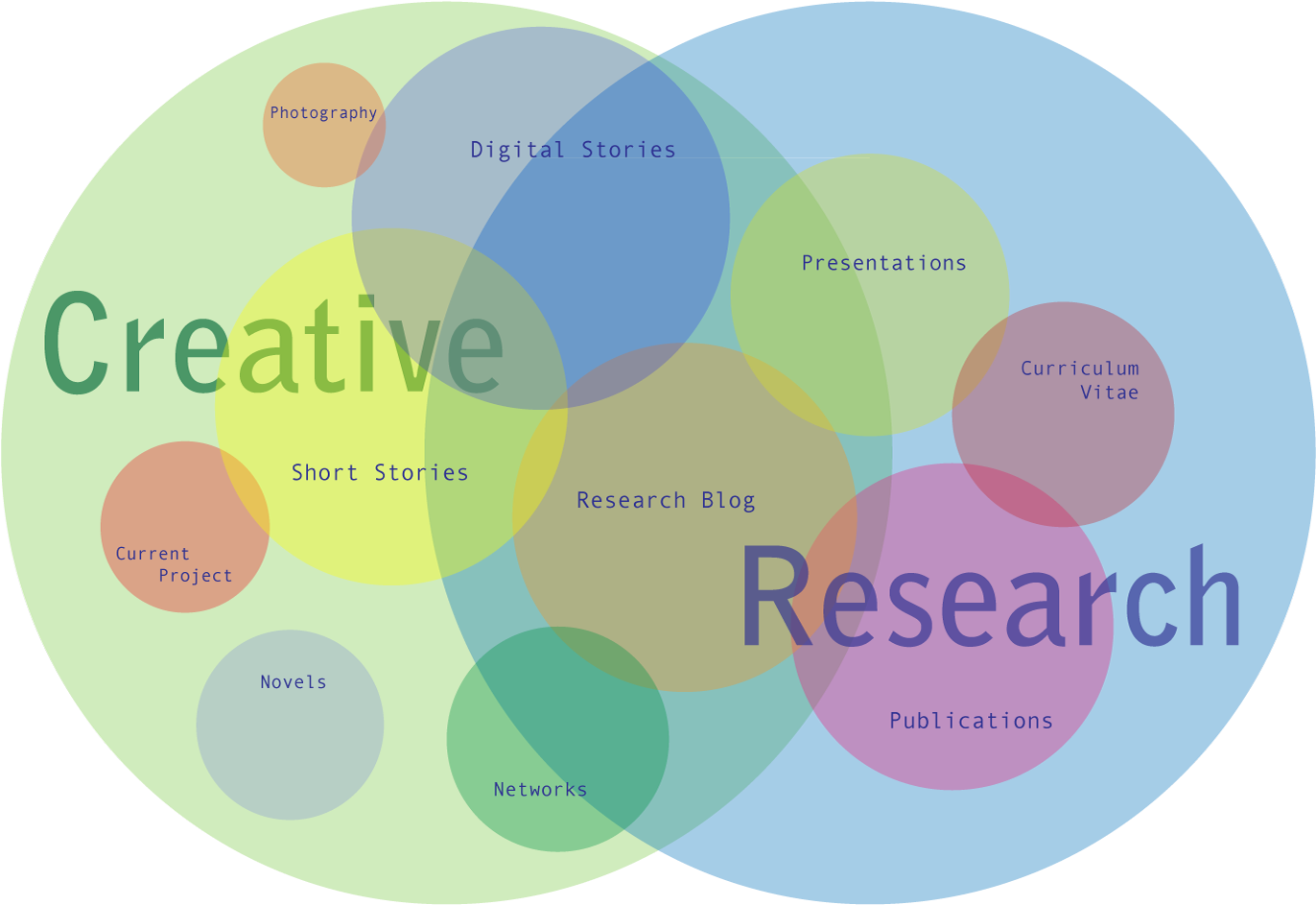

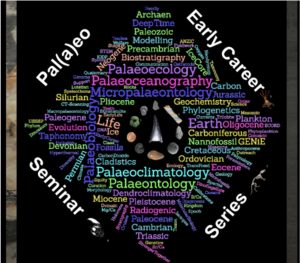 From 8th September, the Natural Environment Research Council (NERC) are launching a weekly zoom for early career researchers working in the broad field of Paleo sciences.
From 8th September, the Natural Environment Research Council (NERC) are launching a weekly zoom for early career researchers working in the broad field of Paleo sciences.
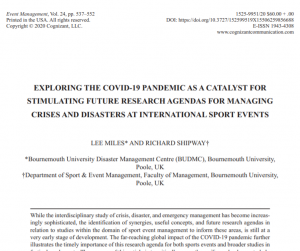
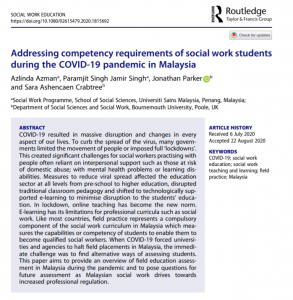
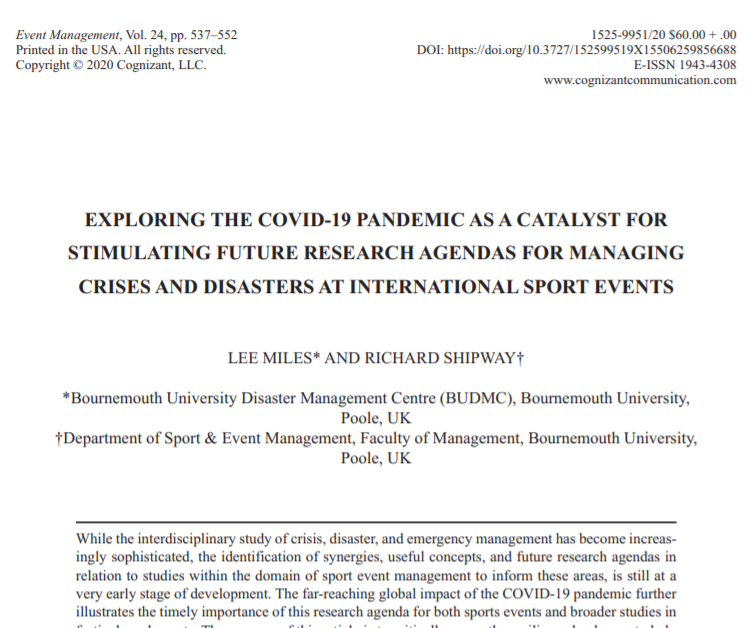
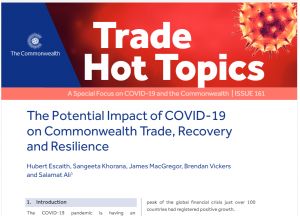
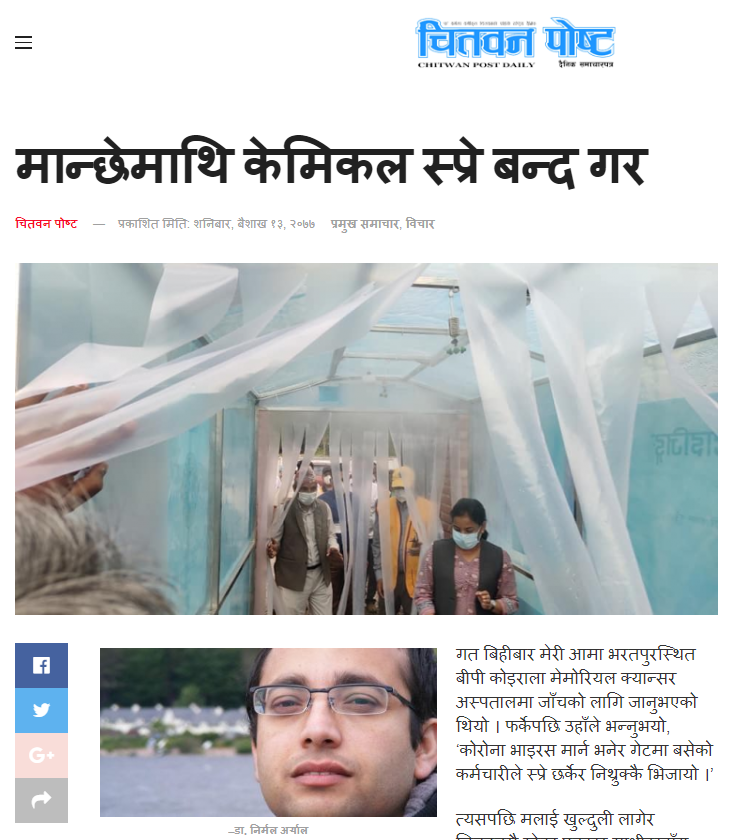
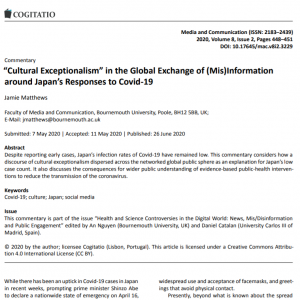

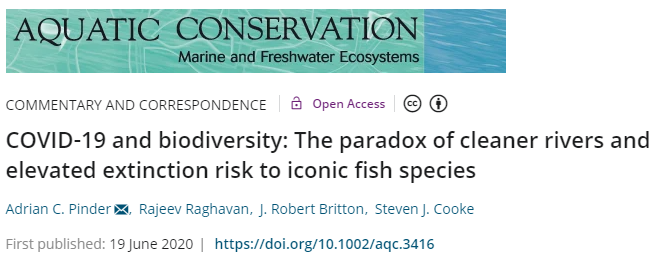
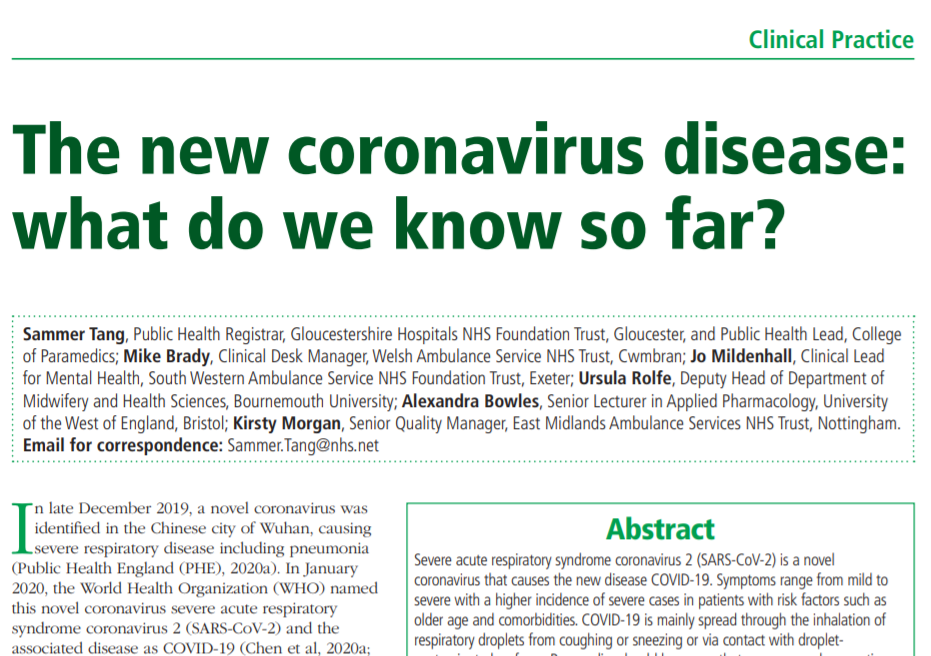
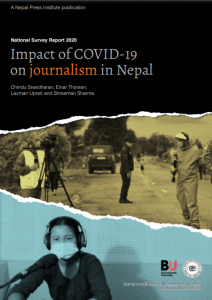
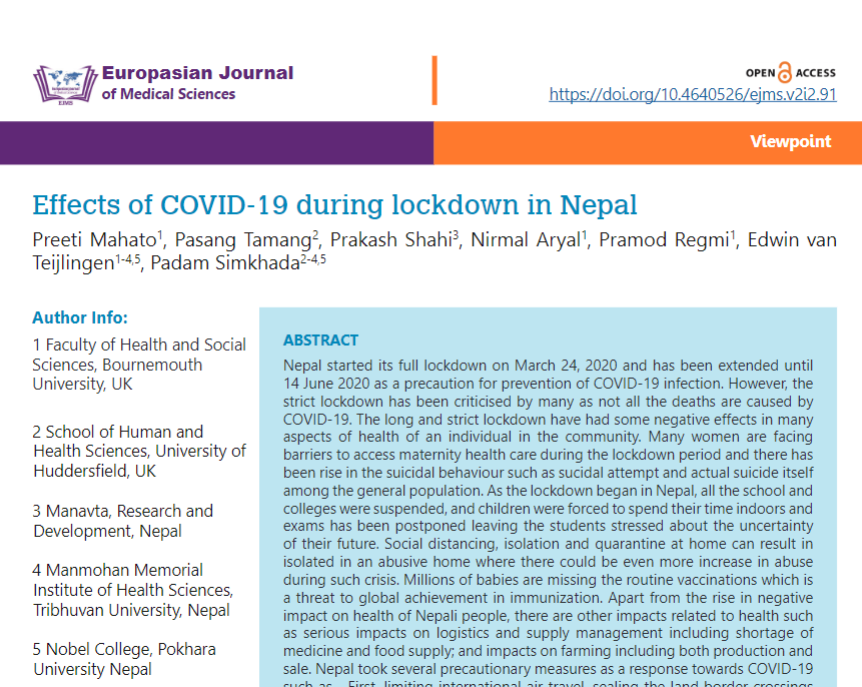
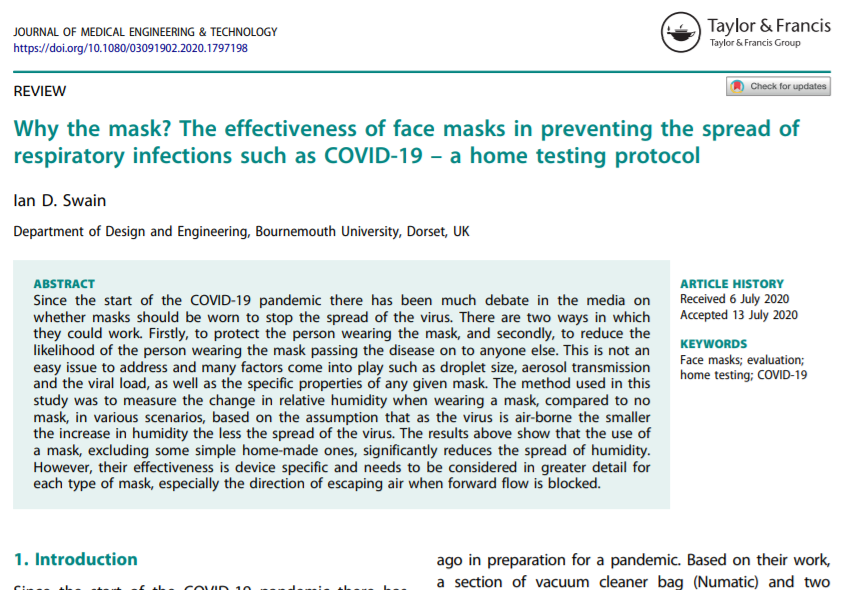

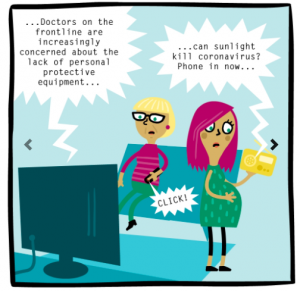
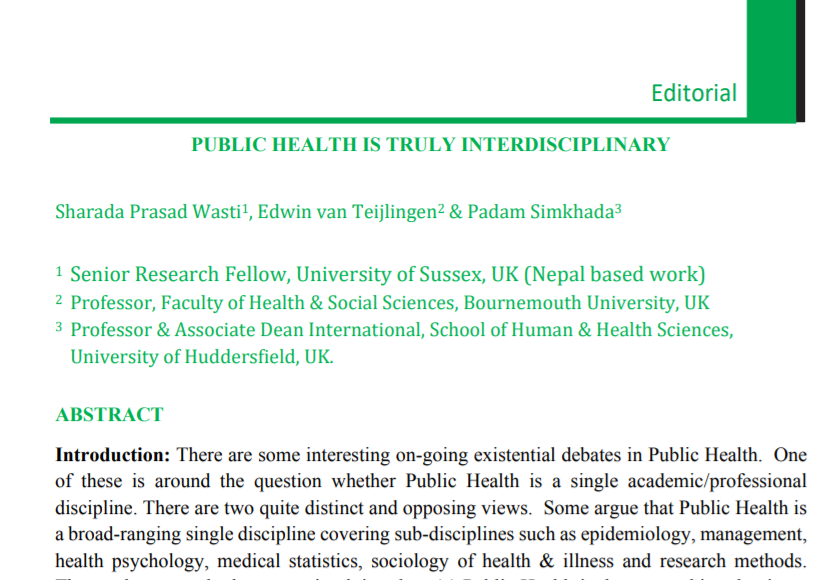
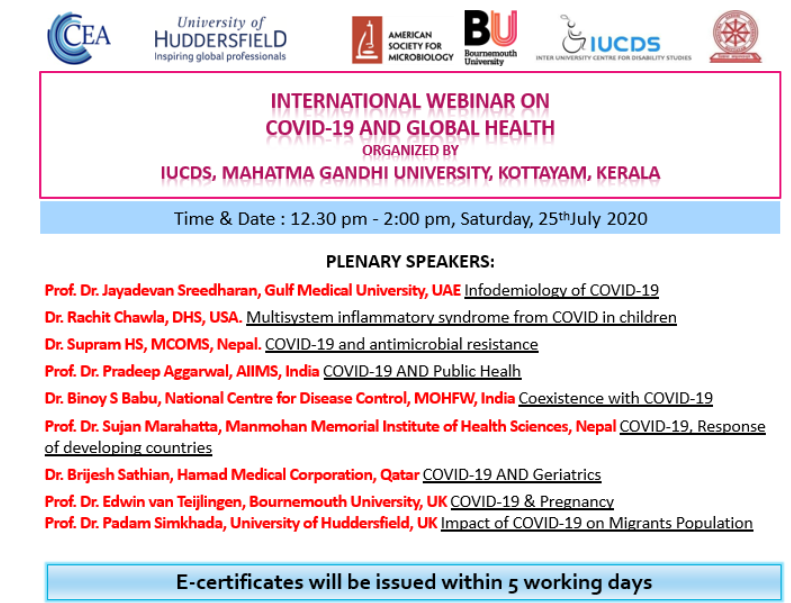













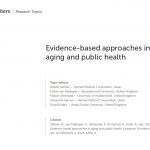 New eBook published in April
New eBook published in April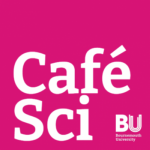 Café Scientifique Tuesday 4 June 2024 – How can we become more resilient in the face of multiple risks and hazards?
Café Scientifique Tuesday 4 June 2024 – How can we become more resilient in the face of multiple risks and hazards? MSCA Postdoctoral Fellowships 2024
MSCA Postdoctoral Fellowships 2024 Horizon Europe News – December 2023
Horizon Europe News – December 2023